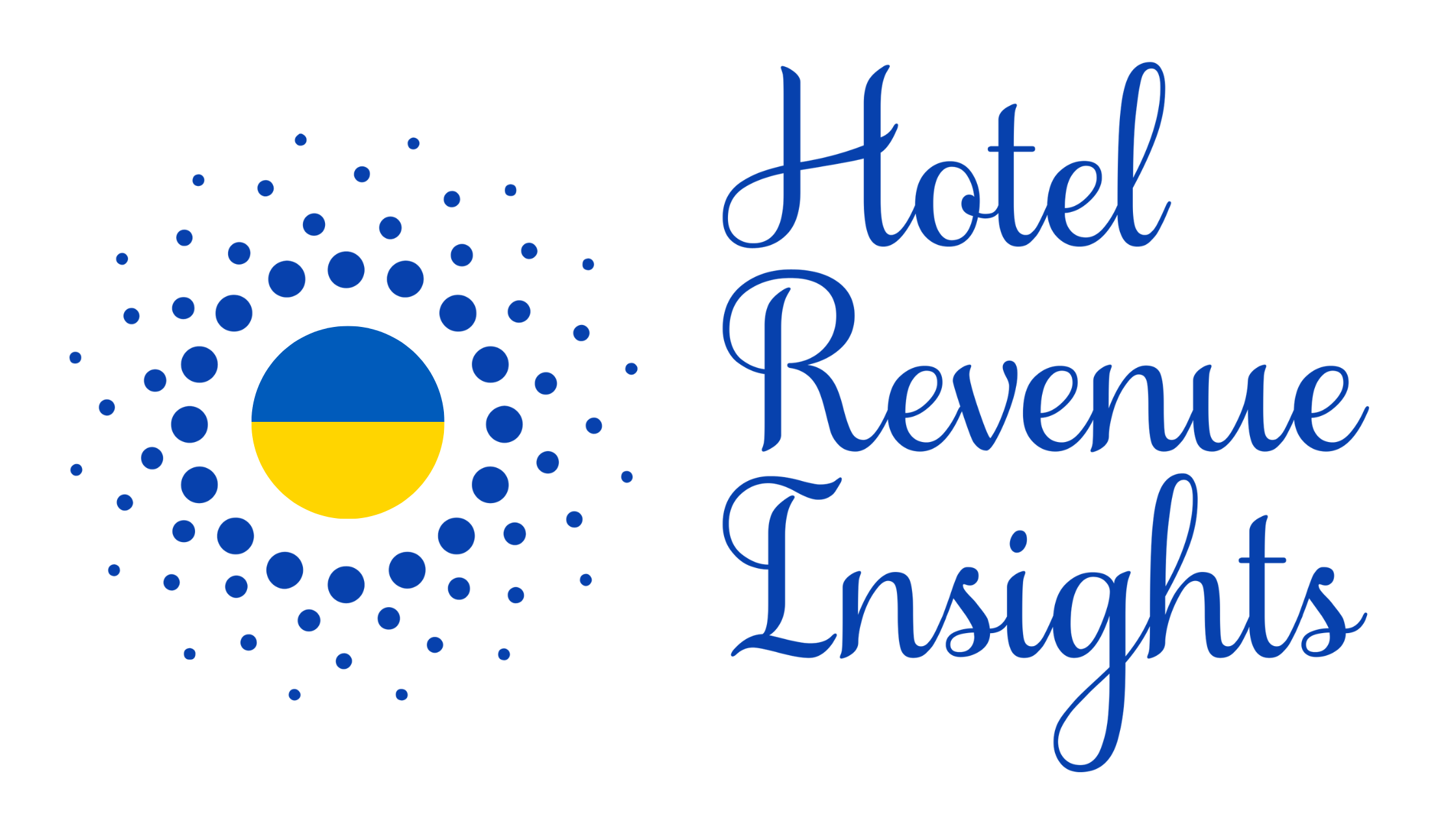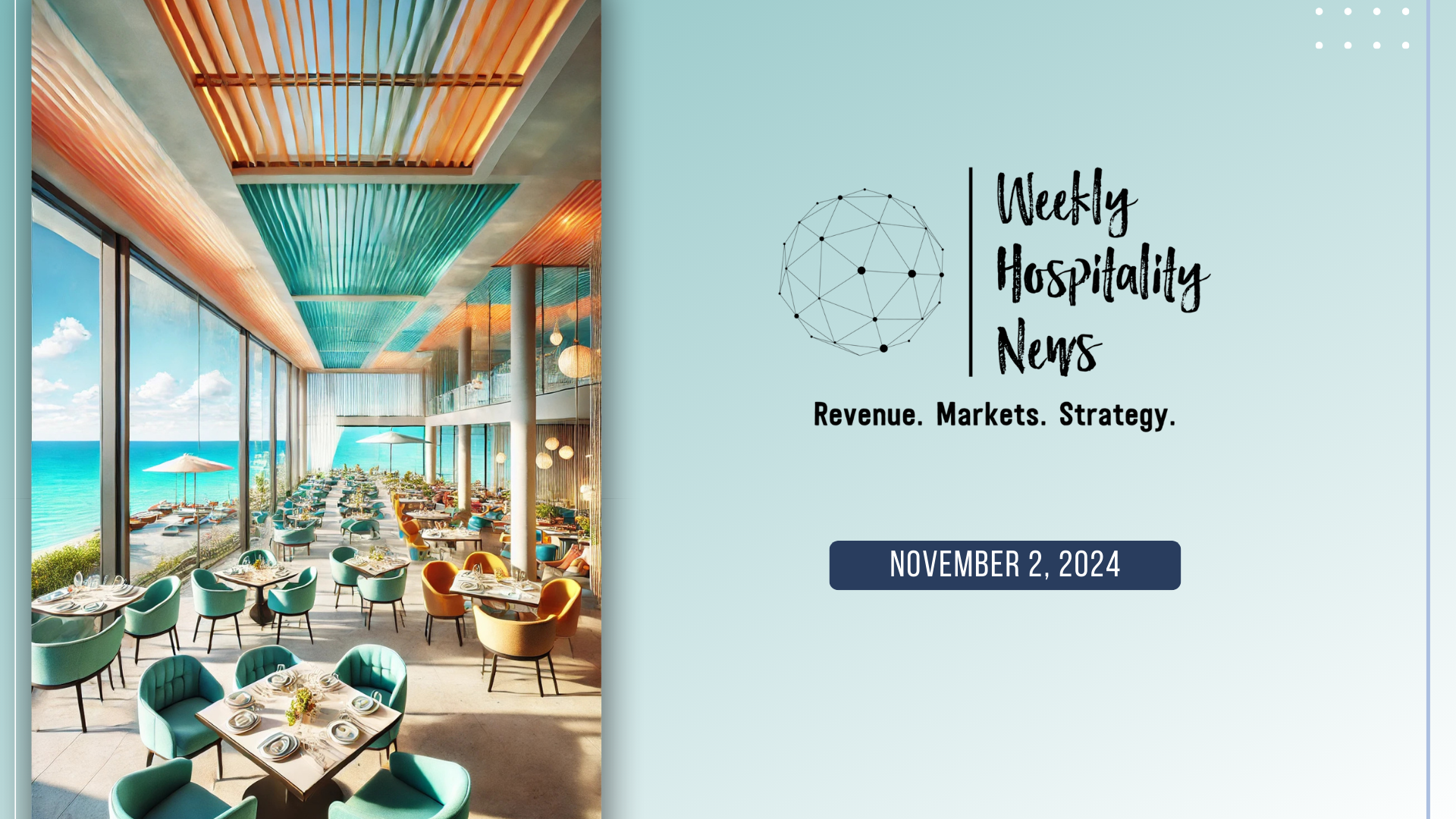
Weekly Insights. November 2, 2024
Best hospitality industry articles focused on 💵revenue, 📊markets, and 🎯strategy (Oct 27 - Nov 2, 2024).
Strengthening certifications: How effective are hotel sustainability audits?
Industry experts examine the role and effectiveness of sustainability audits in the hospitality industry, as hotels increasingly seek certifications to demonstrate their commitment to environmental and social responsibility. Experts highlights the complexities of the auditing process, including the expertise required for auditors to assess compliance with sustainability standards. Experts also discuss the potential challenges, such as a shortage of skilled auditors and the need for rigorous training, especially as regulatory requirements evolve. Incorporating technology like AI and digital tools can help streamline audits, enhance data accuracy, and maintain certification integrity.
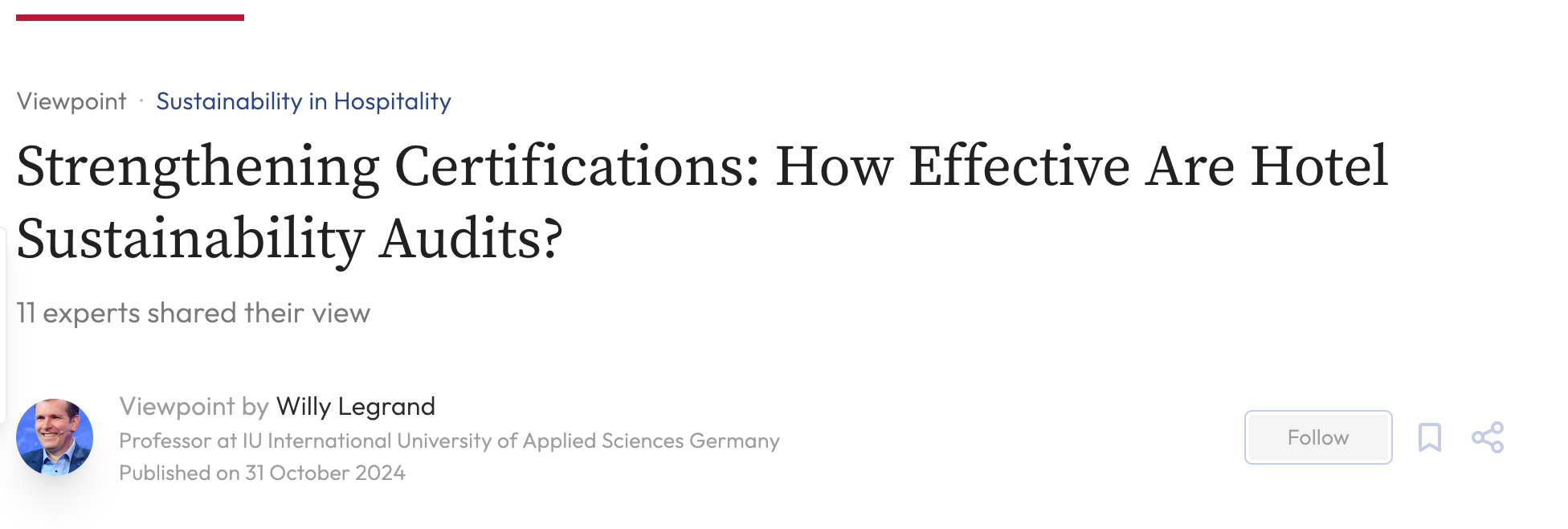
Event tourism: How music, sport, and film shape destinations
The article delves into event tourism's impact, highlighting how mega-events, like concerts and sports championships, and screen tourism from popular films and TV shows, significantly boost local economies. Events like Taylor Swift's tour generate substantial economic activity, with hotels and businesses leveraging dynamic pricing to meet increased demand. However, challenges such as overtourism and sustainability are also discussed, especially for destinations that experience sudden popularity. By strategically managing these events, destinations can maximize economic benefits while addressing environmental and community impacts.

From on-premise PMS to cloud: Navigating a transition with confidence
The article discusses the transition from on-premise Property Management Systems (PMS) to cloud-based solutions in the hospitality industry. It compares the advantages of cloud PMS—such as remote accessibility, scalability, and reduced maintenance—to the limitations of on-premise systems, which require local IT infrastructure. It also offers a step-by-step guide to ensure a smooth migration, covering data migration strategies, staff training, and system testing. Embracing cloud technology can enhance operational flexibility, optimize costs, and improve regulatory compliance for hotels.
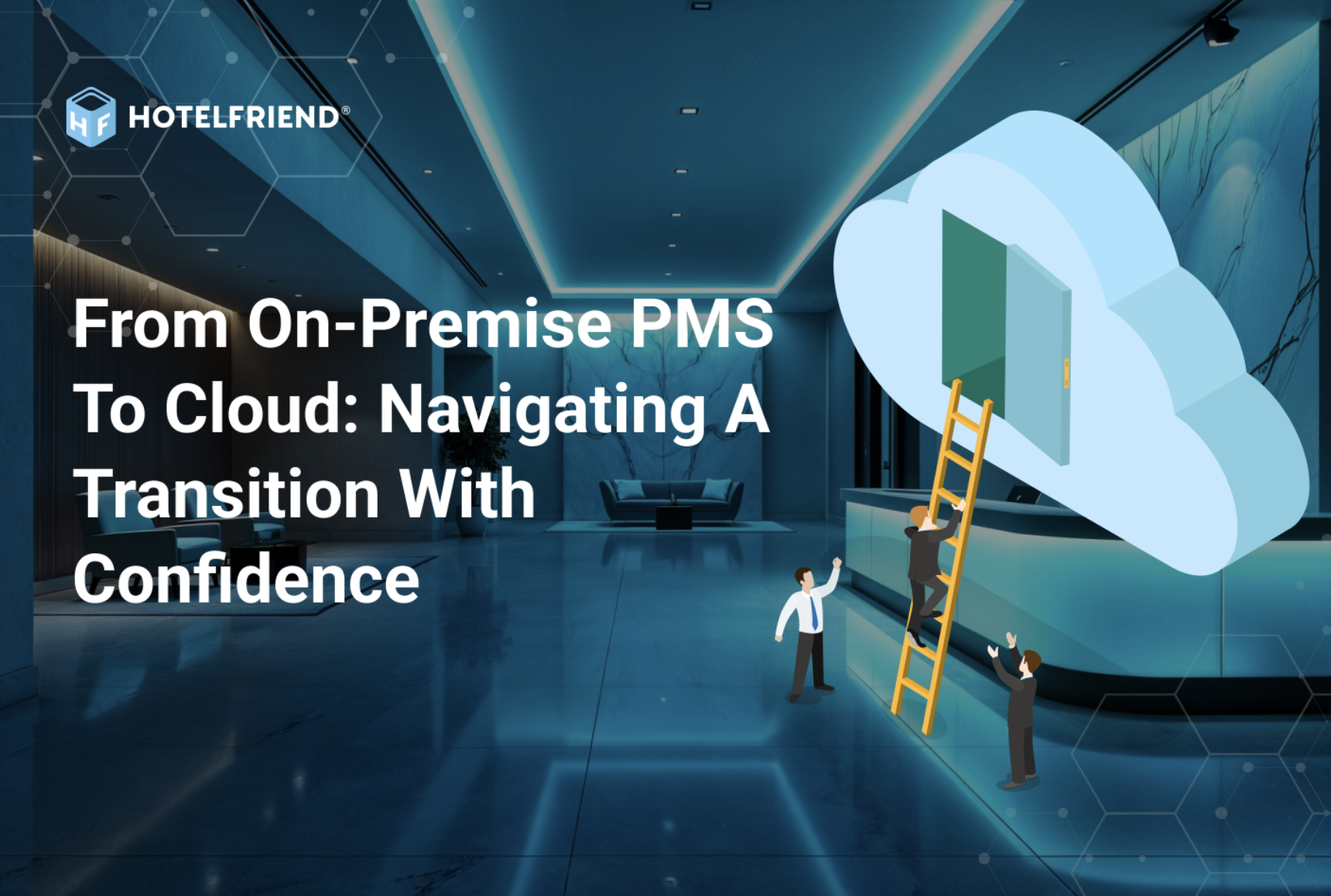
Counting the cost of contactless
The article explores how hotel guests' willingness to pay (WTP) for contactless services is shaped by familiarity, hotel type, and personal factors. Guests showed the highest WTP for familiar services like contactless room access and payments, while interest in services like smart room devices was lower. Factors like age and hotel tier influenced WTP, with older and luxury hotel guests more willing to pay for these amenities. The study suggests that hotels could enhance acceptance through guest education and by balancing technological solutions with human interactions.

11 Hotel trends to watch in 2025
This article outlines key trends shaping the hotel industry in 2025, including the push for unified digital experiences, the critical need for mobile-first design, and the rise of hyper-personalization. As guests increasingly seek seamless, data-driven interactions, hotels are urged to integrate technology that enhances user experience and personal connection. With shifts towards automation, eco-friendly operations, and workforce resilience, the article emphasizes that adapting to these trends is essential for hotels aiming to stay competitive in a rapidly evolving market.

Hotel cybersecurity: Threats, examples and best practices
The article outlines the significant cybersecurity threats facing hotels, such as phishing attacks, ransomware, data breaches, and insider threats. It highlights real-world incidents, including the Marriott data breach and MGM's ransomware attack, which underscore the high stakes of cyber vulnerabilities in hospitality. The article provides best practices for hotels to bolster cybersecurity, including employee training, access controls, and regular audits, aiming to protect guest data and maintain operational integrity.

Hotel brand performance 2024
The report highlights a maturing U.S. hotel industry with slowing RevPAR growth, increased brand proliferation, and a complex landscape for choosing high-performing brands. With RevPAR growth declining to 1.5% in recent years and competition from short-term rentals, only a third of brands exceeded average performance, underscoring the importance of selecting the right brand within each chain scale. Upper-midscale brands, known for offerings like free breakfast, outperformed others, while extended-stay and limited-service segments showed stronger RevPAR growth than full-service hotels. The report suggests that affiliation with high-performing brands in loyalty programs and maintaining cost efficiencies through brand advantages are key to enhancing profitability in a competitive market.
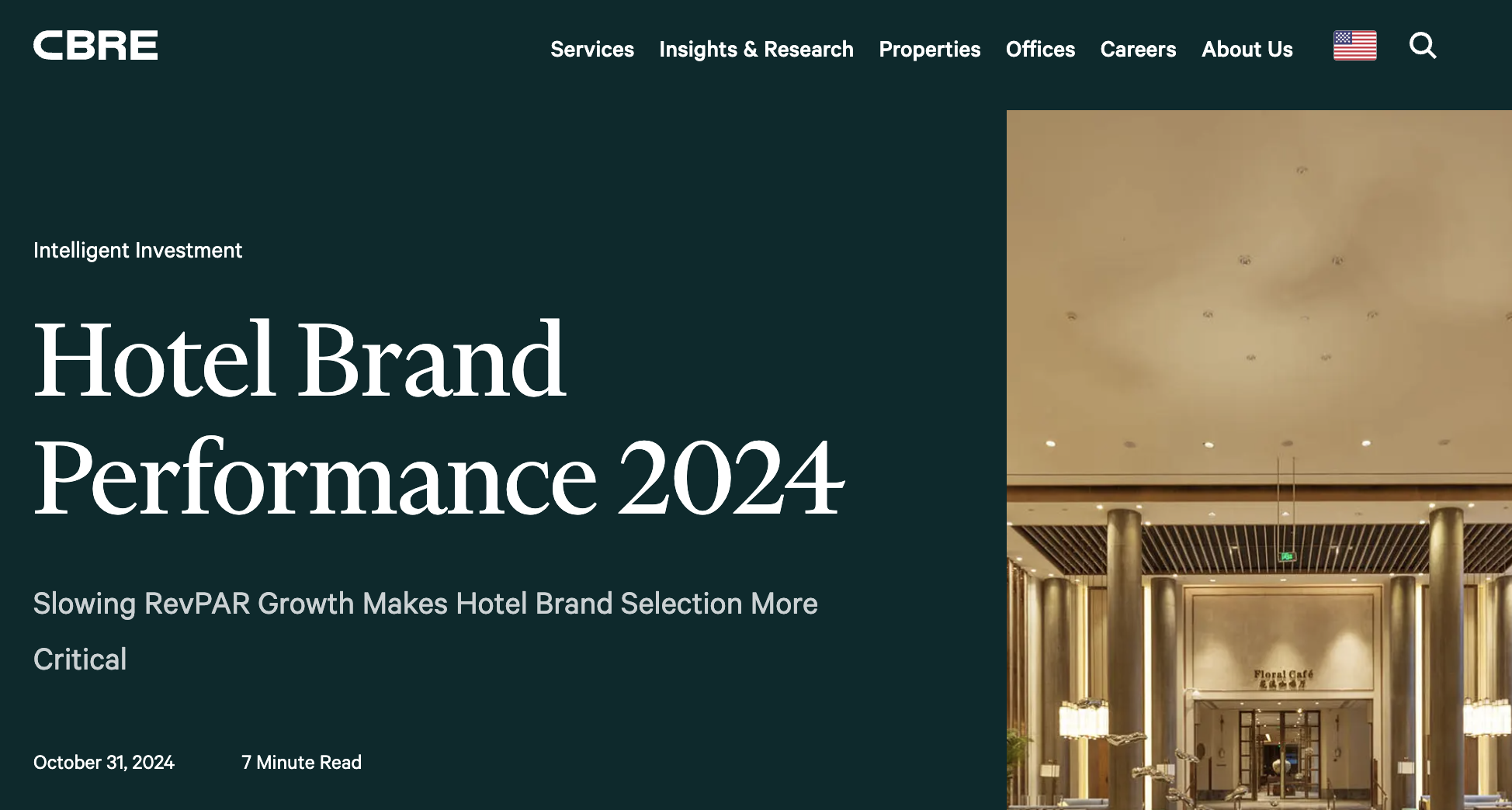
Hotel Revenue Insights Recommends
The art of revenue: A complete guide on revenue management by Diego de Ponga
Mastering Hospitality Ancillary Revenue: Proven tactics for ancillary revenue growth in hotels, bars, restaurants & spas by Pablo Torres
Hotel Tech 101: How Everything Works Together (…And Does It?) by Ira Vouk
Follow on LinkedIn
